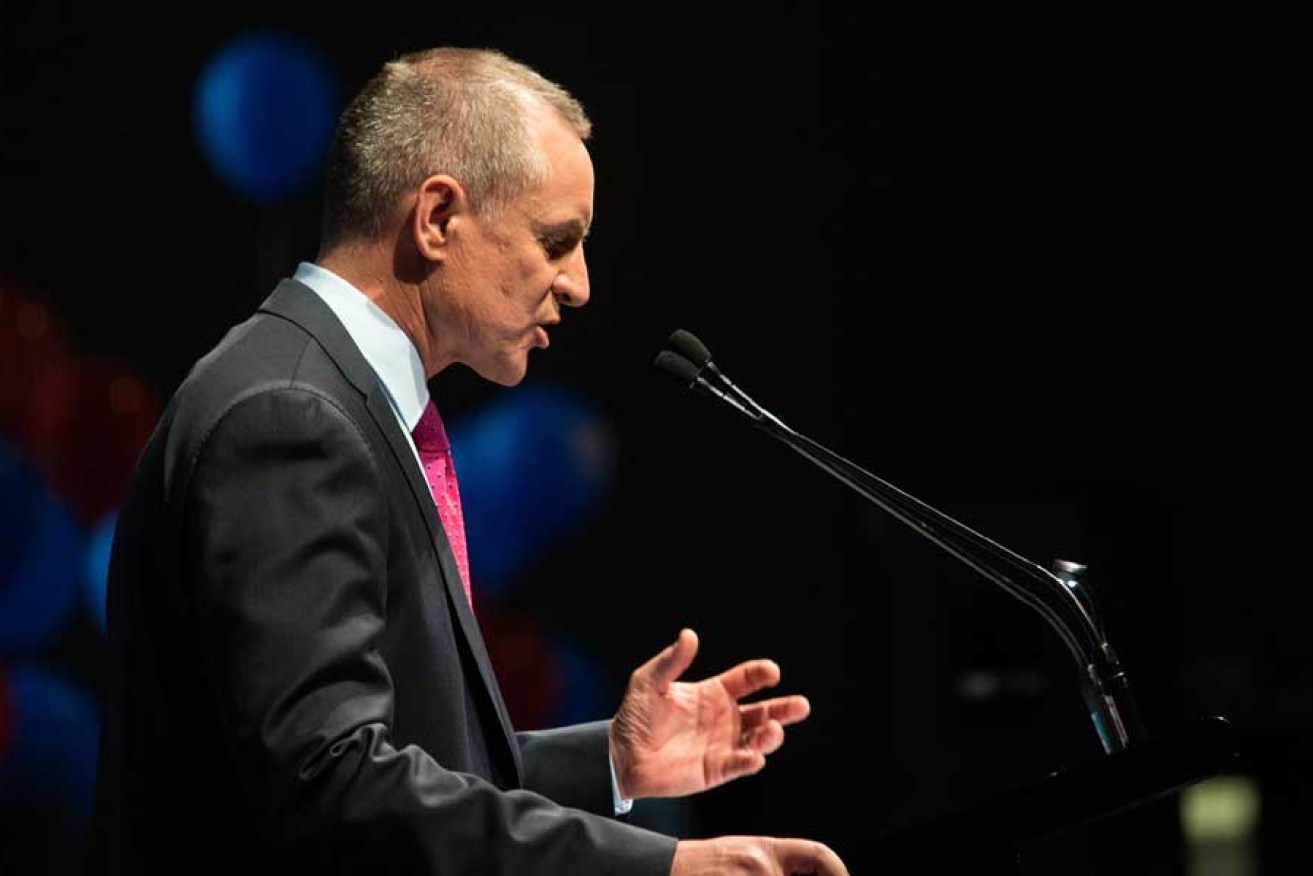It’s now official that Jay Weatherill has pulled off the unlikely feat of retaining government in South Australia, following Saturday’s revelation that one of the two independents will be on sick leave for the next two months, and yesterday’s announcement that the other will fall in behind Labor.
As anticipated on election night, Labor has emerged with 23 seats in the 47-member House of Assembly, with the Liberals on 22 and the aforementioned independents retaining their seats in Fisher (Bob Such) and Frome (Geoff Brock).
Bob Such’s health issues left the Liberals high and dry, as Labor would have commanded a majority on the floor regardless of whether the Speaker’s chair was filled by a Liberal or by Brock.
Consequently, the alternatives facing Brock were a Labor minority government, or parliamentary deadlock and a fresh election. Much as opponents of Labor and/or minority government in general might complain that the latter is the preferable option, they have no reason to suppose the result of a second election would be any different from the first.
While Labor continues to govern for now, there will remain a considerable element of uncertainty until Bob Such makes his intentions known. Should he duly return after the currently prescribed two months, he might well conclude that today’s events amount to a fait accompli, and that he must throw his lot in with Labor for the sake of stability – quite apart from the indications that were emerging that he was disposed to do so anyway. Labor would nonetheless be left clinging to the barest of majorities, with the constant danger of being brought down by a by-election defeat or the defection of any member who might happen to feel aggrieved over a policy dispute or demotion.
Alternatively, Brock could decide that Such’s return marks the occasion to reconsider his position, and both might at that point throw their lot in with the Liberals.
The difficulty here is the bareness of the resulting Liberal majority, and the constant need for the occupant of the Speaker’s chair to cast his or her vote in favour of the government, whether that Speaker be a Liberal or one of the two independents.
The other prospect is that Such proves unable to return to parliament, requiring a by-election in his seat of Fisher. That would almost certainly be won by the Liberals, given the conservatism of the electorate and the likely absence of enthusiasm for a new independent. The Liberals would thereby gain parity of seats with Labor, and Brock would come under considerable pressure to change sides.
The question that would then arise is whether Labor’s defeat would entail a simple transfer of power to the Liberals, or the new election that much of the media is sure to be clamouring for. While the South Australian parliament theoretically has fixed terms, the constitution provides an escape clause, as fixed term regimes in parliamentary systems inevitably must. However, this is constitutionally murky in practice, with no precedent existing for its exercise in any of the Australian states and territories where fixed terms operate.
The specific provision in South Australia simply provides that the Governor may dissolve the house if the government loses a confidence vote, which appears to envision him or her being advised to do so by the defeated Premier in circumstances where a new government cannot be formed.
But if the independents were set on having the Liberals serve out the term, it isn’t clear that the Governor would consider that such a situation applied.
This article was first published at Crikey.
For more of William Bowe’s analysis, visit his Poll Bludger blog.





